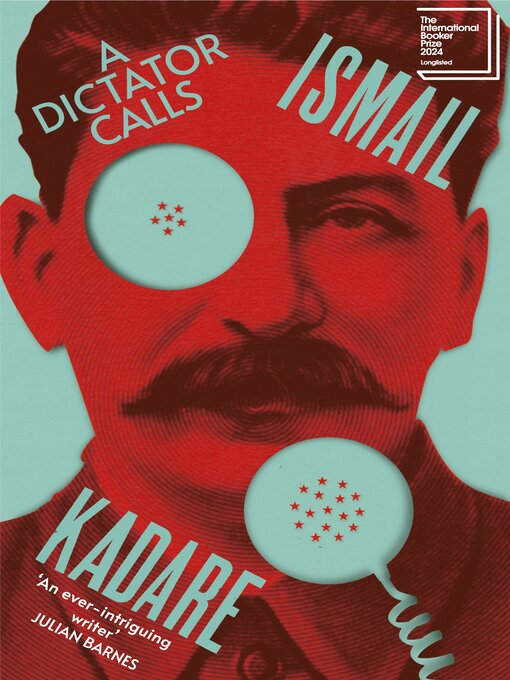**LONGLISTED FOR THE INTERNATIONAL BOOKER PRIZE 2024**
'Comrade Stalin wishes to speak with you.'
A fascinating exploration of the relationship between writers and tyranny, from the winner of the first Man Booker International Prize.
In June 1934, Joseph Stalin allegedly telephoned the famous novelist and poet Boris Pasternak to discuss the arrest of fellow Soviet poet Osip Mandelstam. In a fascinating combination of dreams and dossier facts, Ismail Kadare reconstructs the three minutes they spoke and the aftershocks of this tense, mysterious moment in modern history.
Weaving together the accounts of witnesses, reporters and writers such as Isaiah Berlin and Anna Akhmatova, Kadare tells a gripping story of power and political structures, of the relationship between writers and tyranny. The telling brings to light uncanny parallels with Kadare's experience writing under dictatorship, when he received an unexpected phone call of his own.
Translated from the Albanian by John Hodgson
'One of Europe's most decorated authors... Seasoned fans [of Kadare] will be enthralled' Sunday Times
- British Science Fiction Association awards
- Book of the Year
- International Booker Prize
- 2025 Women's Prize for Nonfiction
- The Arthur C. Clarke Award
- Uplifting Reads to Kickstart Your Year
- Bestsellers of 2024
- Nero Book Awards
- Great Reads from Around the World
- THE POLARI PRIZE
- World Poetry Day
- International Women's Day
- Business Book of the Year 2024
- See all ebooks collections
- World Cancer Day
- International Day of Women and Girls in Science
- Magazines
- World Photography Day
- See all magazines collections

